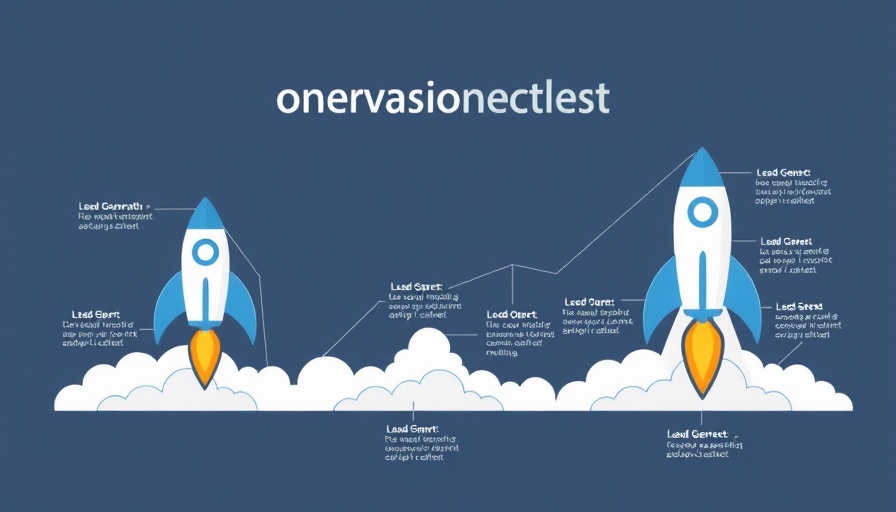
Understanding Cultural Nuances in BPO Teams
In an increasingly globalized world, businesses are looking beyond borders to find talent, especially in the field of business process outsourcing (BPO). As companies engage offshore teams, understanding and managing cultural differences becomes crucial. These cultural nuances are not merely academic points of interest; they can make or break team collaboration, productivity, and project outcomes. With varying communication styles, work ethics, and social norms, recognizing these differences can help strengthen team dynamics while fostering an inclusive work environment.
The Importance of Cultural Competence
Cultural competence refers to the ability to interact with people from diverse backgrounds, which is invaluable in a BPO setting. Leaders and team members should prioritize building cultural awareness to improve their interpersonal interactions. This means embracing different cultural perspectives, which can lead to innovations and solutions that a homogenous team might overlook. As the outsourcing landscape evolves, companies must cultivate cultural competence as an integral part of their operational strategy.
Strategies for Managing Cultural Differences
To effectively navigate the complexities of cultural differences in offshore BPO teams, organizations can implement targeted strategies. First, thorough onboarding processes that include cultural education help new team members understand each other's backgrounds and expectations. Conducting regular cross-cultural training sessions can also enhance communication strategies, leading to improved collaboration on projects.
Another best practice is to create diverse teams purposefully. This can increase creativity and innovation by drawing from a variety of viewpoints. Furthermore, inclusive leadership that respects and values diversity not only boosts employee morale but also enhances overall company performance. Establishing clear communication channels that account for varied time zones and communication styles greatly aids in overcoming potential misunderstandings.
Utilizing Technology for Better Integration
In today’s digital era, technology plays a pivotal role in unifying diverse teams. Tools like project management software and communication platforms such as Slack or Microsoft Teams can bridge communication gaps by keeping everyone aligned on goals and expectations. These technologies enable real-time collaboration, allowing teams to function more cohesively despite geographical barriers.
Moreover, analytics and data reporting tools can be used to track team performance across different cultural setups. Understanding team dynamics through data can pinpoint areas needing intervention, making it easier to foster an environment of continuous improvement.
The Future of Offshore BPO Teams
As we head toward 2025, the demand for offshore BPO services is expected to rise. With these developments, companies must remain adaptable and proactive in their approaches to cultural diversity. Emphasizing digital marketing and technological integration will not only enhance efficiency but also make companies more competitive in a global marketplace. Accepting that cultural complexity is part of the outsourcing narrative can turn potential challenges into strategic advantages.
Conclusion: Embracing Diversity for a Competitive Edge
Managing cultural differences in offshore BPO teams requires a proactive approach that includes cultural competence, technology utilization, and diverse team building. Companies that learn to harness the power of their varied teams will not only improve collaboration but also drive innovative solutions that enhance competitiveness globally. In this era of digital transformation, the firms that integrate cultural understanding into their strategic frameworks will emerge as leaders in the outsourcing field. To this end, make cultural awareness a priority in your outsourcing initiatives—it could be the key to unlocking success.
 Add Row
Add Row  Add
Add 




Write A Comment